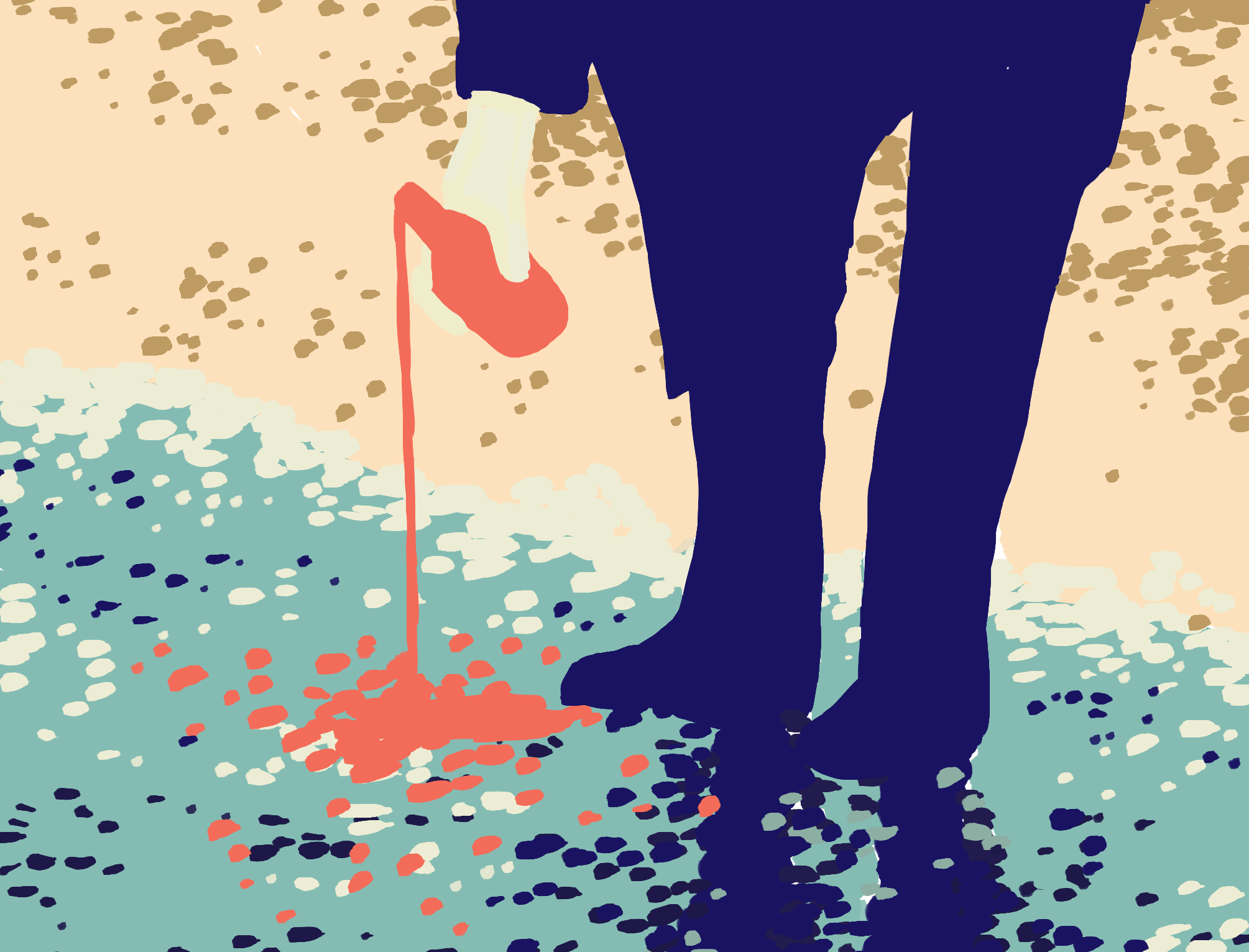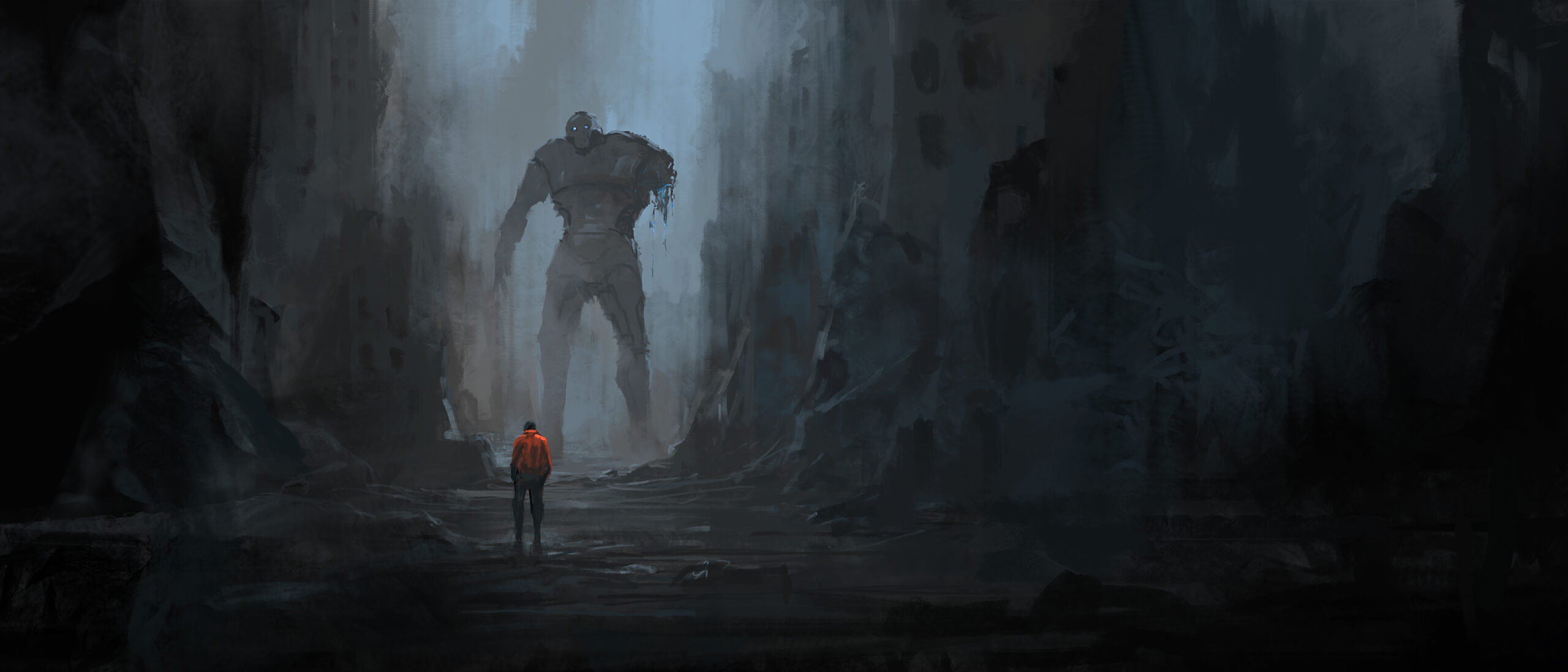Seminar Blogs

In Defence of Ephemerality – Chris van der Vegt
Laura Karreman concluded her lecture in the Transmission in Motion series with a couple of elements of the imaginary surrounding motion capture in performance that she had identified. One of these items was that motion capture can enable a kind of “saviour’s complex” toward dance and performance, trying to protect the art from…
Read more
I Don’t Want to Know: On Hauntologial Resistance and Black Posthumanist Utopias – Olga Efremov
My writing of this blog post is overshadowed by a tragic anniversary: one year from the start of Russian invasion in Ukraine. The past twelve months have been a trying emotional journey through the mediated theatre of the largest European military conflict of the 21st century that had inadvertently became a prism for…
Read more
Life, Universe, and Karen Barad: The Stage of Death by A Thousand Agential Cuts – Olga Efremov
When it comes to thinking about the future, I am a self-confessed techno-optimist, or to be more academically precise, a strong believer in what Jennifer Gildley (2017) called “integral futures” the incorporate “mixed methods, transcisciplinarity, complex bricolage” (95). As the seminar presenters Sonja Rebecca Rattay and Irina Shklovski noted when speaking about the…
Read more
Afrofuturism and Imaginative Technological Design – Pauline Munnich
As Dan Hassler-Forest exposed in the seminar “Janelle Monáe’s Black Utopias and the Afrofuturist Imagination”, science fiction and thinking about the human future has predominantly been a Eurocentric practice. In the seminar through specifically focusing on Jane Monáe, Hassler-Forest illustrates how Afrofuturism focusses not just on the future but also the past and…
Read more
Afrofuturism, Racial Capitalism and Asian Americans – Jingzhe Zhang
The most interesting part for me in Dr. Dan Hassler-Forest’s lecture is the concept of Afrofuturism and racial capitalism. The term Afrofuturism is often used to talk about speculative fictions that express the experience and concern of African diaspora. But Afrofuturism, according to Dan, also exists as an important conceptual framework that challenges…
Read more
Ethics of AI-art: A Case Study of Lensa – Rupsa Nag
The seminar on ‘Social Imaginaries of Ethics and AI’ made us think through how Artificial Intelligence is imagined by its makers, its social implications and ethics. Through discussions on various aspects of AI, one that came up was the use of AI in art. This was a very interesting discussion considering the recent…
Read more
Positions towards ChatGPT – Jingzhe Zhang
In this seminar, Sonja Rebecca Rattay proposes a way to categorize positions towards Artificial Intelligence (AI) using two axes: utopian-dystopian and pragmatic-speculative. The utopian-dystopian axis measures the judgement of AI: is it more focused on opportunities or harms? The pragmatic-speculative axis measures the foresight in thinking about AI: is it more focused on existent…
Read more
AI and the Accessibility Tool – Pauline Munnich
In the seminar “Social Imaginaries of Ethics and AI” we discussed and explored the ethics around AI, focusing on four positions that tend to be taken when it comes to imagining future possibilities for AI. The four positions were constructed around two axes: the axis of dystopian-utopian and the axis of pragmatic and…
Read more
The Ethics of Ambiguous AI – Dominique Ubbels
Two weeks before TIM’s fourth session “Social imaginaries of ethics and AI”, my friends and I started to obsess over The Chat GPT, a chatbot recently launched by OpenAI. Our discussions tended towards the “dystopian-speculative” view that was one of the common attitudes towards AI discussed by the speakers Sonja Rebecca Rattay, Irina…
Read more
Fear of the Artificial Other: A Dystopian-Speculative Approach to AI – Chris van der Vegt
In the fourth Transmission in Motion seminar on ethics and artificial intelligence (AI), we were asked to pick a one out of four positions on AI governance, divided over two axis: utopian-dystopian and dragmatic-speculative. Based on the way we positioned ourselves on the grid, we were sorted into groups to discuss our perspectives….
Read more
